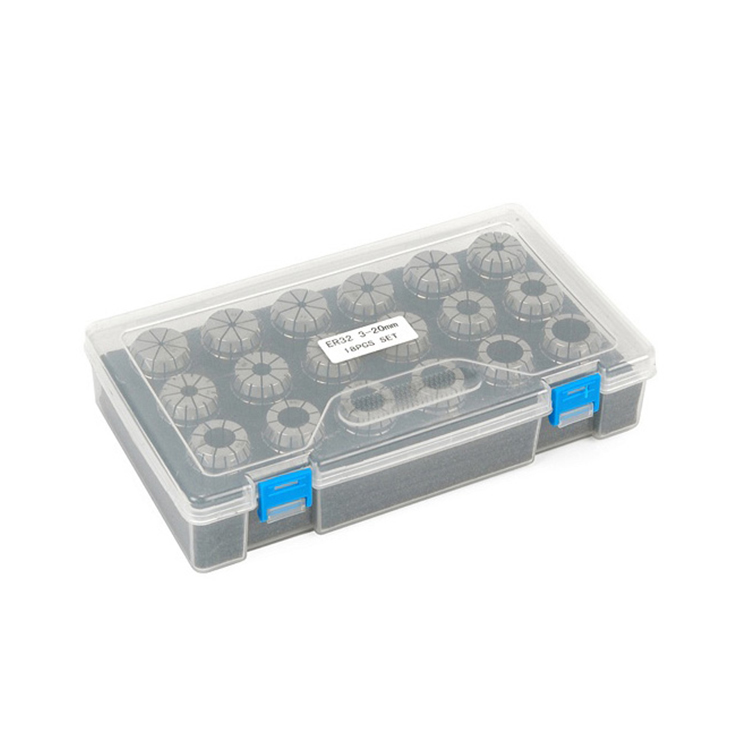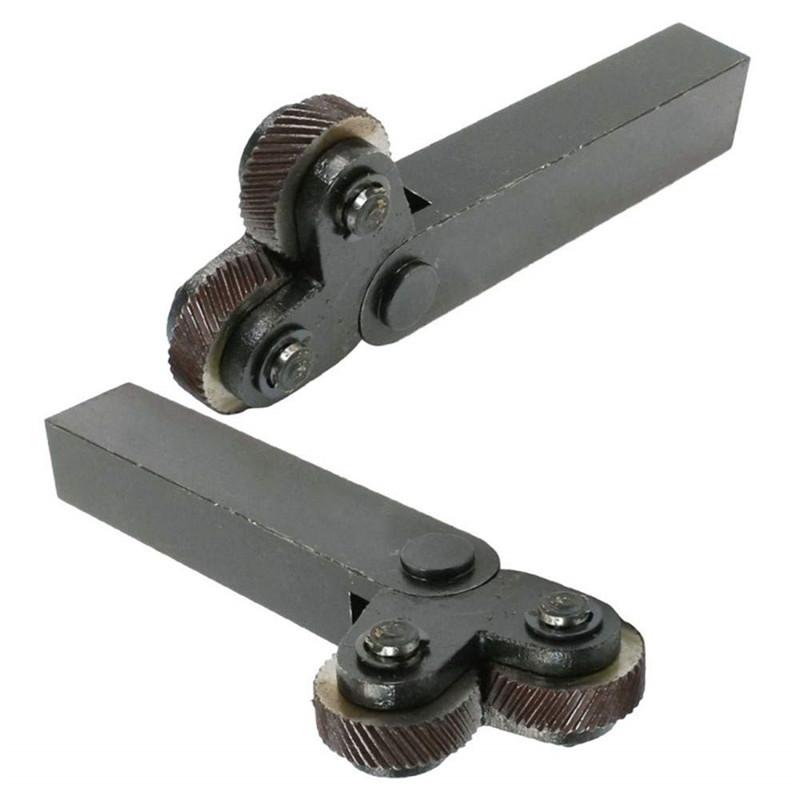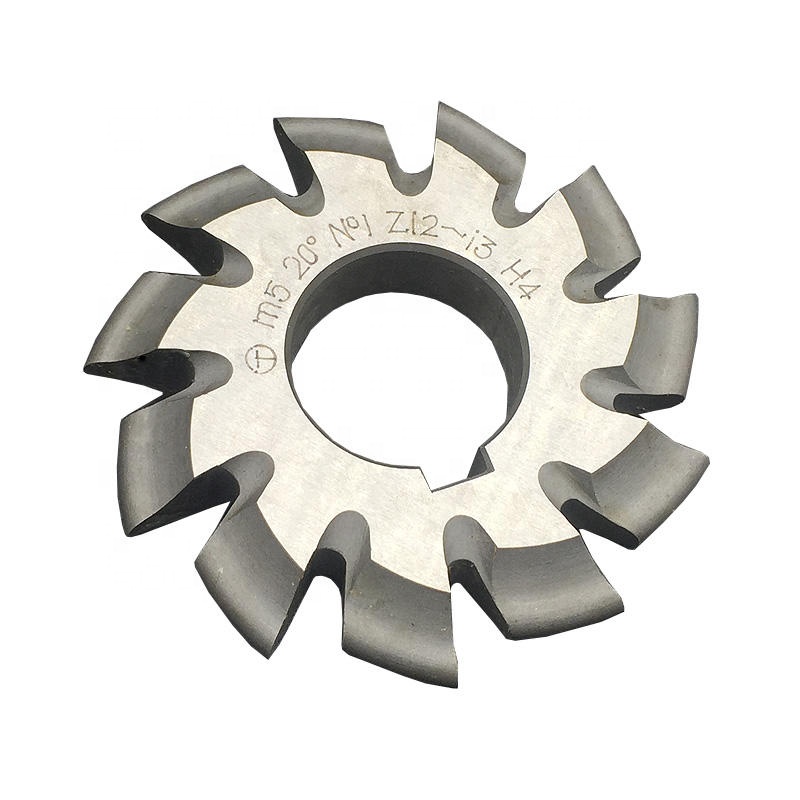boring bar holder Supplier
A boring bar holder is a critical component in machining, providing a secure and precise mounting for boring bars. Choosing the right supplier and holder is essential for achieving accurate and efficient boring operations. This guide explores the different types of boring bar holders, factors to consider when selecting one, and how to find a reliable boring bar holder supplier.
Understanding Boring Bar Holders
Boring bar holders are designed to securely clamp and support boring bars during machining processes. They come in various shapes, sizes, and materials to accommodate different boring bar diameters and machine types. Proper selection ensures stability, reduces vibration, and improves the overall quality of the bored hole.
Types of Boring Bar Holders
Several types of boring bar holders cater to specific applications. Here's a breakdown:
- Straight Shank Holders: These are the most common type, featuring a cylindrical shank that fits directly into the machine's tool holder. They are versatile and suitable for a wide range of boring applications.
- Morse Taper Holders: Designed for machines with Morse taper spindles, these holders provide a secure and self-centering connection.
- VDI Holders: Commonly used in CNC lathes, VDI (Verein Deutscher Ingenieure) holders offer quick tool changes and high rigidity.
- Quick Change Holders: These holders allow for rapid tool changes without the need for wrenches or other tools, increasing efficiency in high-production environments.
- Modular Boring Bar Holders: These are designed for deep hole boring applications. They consist of multiple interconnected sections allowing for adjustable lengths and dampening characteristics.
Factors to Consider When Selecting a Boring Bar Holder
Choosing the right boring bar holder is crucial for achieving optimal performance. Consider the following factors:
- Boring Bar Diameter: The holder must be compatible with the diameter of your boring bar. Ensure a secure and accurate fit.
- Machine Type: Select a holder that is compatible with your machine's spindle or turret type (e.g., straight shank, Morse taper, VDI).
- Bore Diameter and Depth: Consider the diameter and depth of the hole you need to bore. Deeper holes may require specialized holders with vibration damping features.
- Material: Boring bar holders are typically made of steel, alloy steel, or carbide. Choose a material that is suitable for the materials you will be machining.
- Accuracy and Rigidity: Look for holders that offer high accuracy and rigidity to minimize vibration and ensure precise boring.
- Coolant Delivery: Consider holders with internal coolant channels for efficient chip evacuation and improved tool life.
Finding a Reliable Boring Bar Holder Supplier
Sourcing boring bar holders from a reputable supplier is essential for ensuring quality and performance. Here are some tips for finding a reliable boring bar holder supplier:
- Experience and Reputation: Choose a supplier with a proven track record and positive customer reviews. A company like Wayleading Tools, with years of experience, can offer expertise and reliable products.
- Product Range: Select a supplier that offers a wide range of boring bar holders to meet your specific needs.
- Quality Assurance: Ensure that the supplier adheres to strict quality control standards and offers warranties on their products.
- Technical Support: Choose a supplier that provides technical support and assistance in selecting the right holder for your application.
- Pricing and Availability: Compare prices from different suppliers and check for product availability to ensure timely delivery.
Boring Bar Holder Materials and Their Properties
The material of a boring bar holder significantly impacts its performance and durability. Here's a comparison of common materials:
| Material | Properties | Applications | Advantages | Disadvantages |
|---|---|---|---|---|
| Steel | High strength, good wear resistance | General-purpose boring | Cost-effective, readily available | Lower rigidity compared to carbide |
| Alloy Steel | Improved strength and toughness | Heavy-duty boring | Better vibration damping than standard steel | More expensive than standard steel |
| Carbide | Very high rigidity, excellent wear resistance | High-precision boring, deep hole boring | Superior vibration damping, longer tool life | High cost, brittle |
Optimizing Boring Operations with the Right Holder
Using the correct boring bar holder can significantly improve the efficiency and accuracy of boring operations. Here are some tips for optimization:
- Minimize Overhang: Reduce the overhang of the boring bar to minimize vibration.
- Use Dampened Holders: For deep hole boring, use dampened holders to reduce chatter and improve surface finish.
- Proper Clamping: Ensure that the boring bar is securely clamped in the holder to prevent slippage.
- Coolant Application: Use coolant to lubricate the cutting tool and flush away chips.
- Regular Inspection: Inspect boring bar holders regularly for wear and damage and replace them as needed.
Conclusion
Choosing the right boring bar holder from a reliable boring bar holder supplier is crucial for achieving accurate and efficient boring operations. By considering factors such as boring bar diameter, machine type, material, and accuracy, you can select a holder that meets your specific needs. Remember to source your holders from a reputable supplier like Wayleading Tools to ensure quality and performance.
Related products
Related products
Best selling products
Best selling products-
 Precision Monoblock Fine-Adjustment Vernier Caliper Of Metric & Imperial For Industrial
Precision Monoblock Fine-Adjustment Vernier Caliper Of Metric & Imperial For Industrial -
 Type G Arc Pointed Tree Tungsten Carbide Rotary Burr
Type G Arc Pointed Tree Tungsten Carbide Rotary Burr -
 Precision Expanding Mandrel From 9/16″ to 3-3/4″
Precision Expanding Mandrel From 9/16″ to 3-3/4″ -
 Precision V Block And Clamps Set With Customized Type
Precision V Block And Clamps Set With Customized Type -
 Indexable Square Shoulder End Mill For Industrial
Indexable Square Shoulder End Mill For Industrial -
 Precision IP67 Digital Caliper With Data Output For Industrial
Precision IP67 Digital Caliper With Data Output For Industrial -
 Type B Cylinder Tungsten Carbide Rotary Burr
Type B Cylinder Tungsten Carbide Rotary Burr -
 Precision Vernier Caliper With Nib Style & Standard Style Jaws Of Metric & Imperial For Industrial
Precision Vernier Caliper With Nib Style & Standard Style Jaws Of Metric & Imperial For Industrial -
 Precision Monoblock Vernier Caliper With Nib Style Jaws Of Metric & Imperial For Industrial
Precision Monoblock Vernier Caliper With Nib Style Jaws Of Metric & Imperial For Industrial -
 Single Wheel Knurling Tools With Straight Pattern For Industrial Type
Single Wheel Knurling Tools With Straight Pattern For Industrial Type -
 ER Collet Set With Hight Precision Milling
ER Collet Set With Hight Precision Milling -
 HSS DP Involute Gear Cutters With PA20 And PA14-1/2
HSS DP Involute Gear Cutters With PA20 And PA14-1/2
Related search
Related search- Wholesale hss lathe turning tools
- Wholesale micro boring set
- milling chuck set Supplier
- Wholesale high feed indexable face mills
- High-Quality Q55 threading insert
- threading tool holder set Manufacturer
- High-Quality mdjnr tool holder
- 8pcs solid HSS tool turning set Factories
- BT ER collet chuck Factories
- SVJB turning tool holder Factories











